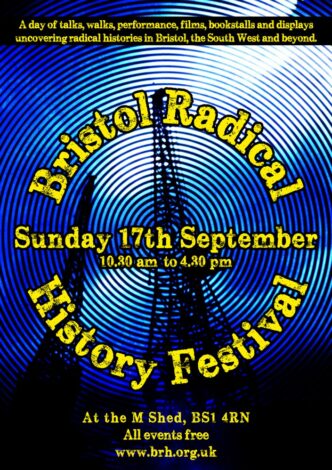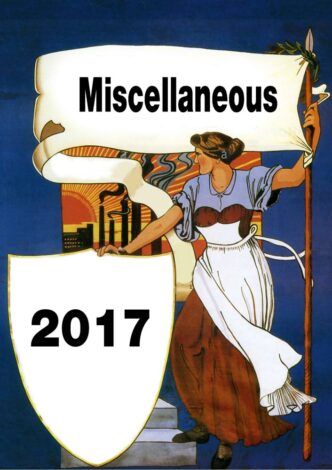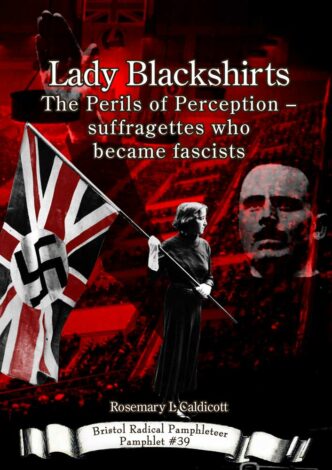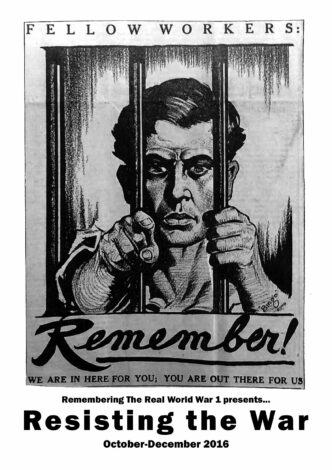Studio 1: Women against World War One
Bristol women campaigning for peace in World War One [June Hannam] June Hannam will focus on women in Bristol who opposed militarism and sought a negotiated peace. The most high profile activists were Mabel Tothill, Annie Townley and Mrs Higgins, all socialists from the Independent Labour Party (ILP). Others, such as the Quaker Helen Sturge, had been involved in the pre-war suffrage movement. The talk will explore what women did to push forward their cause and the ideas that underpinned their […]





